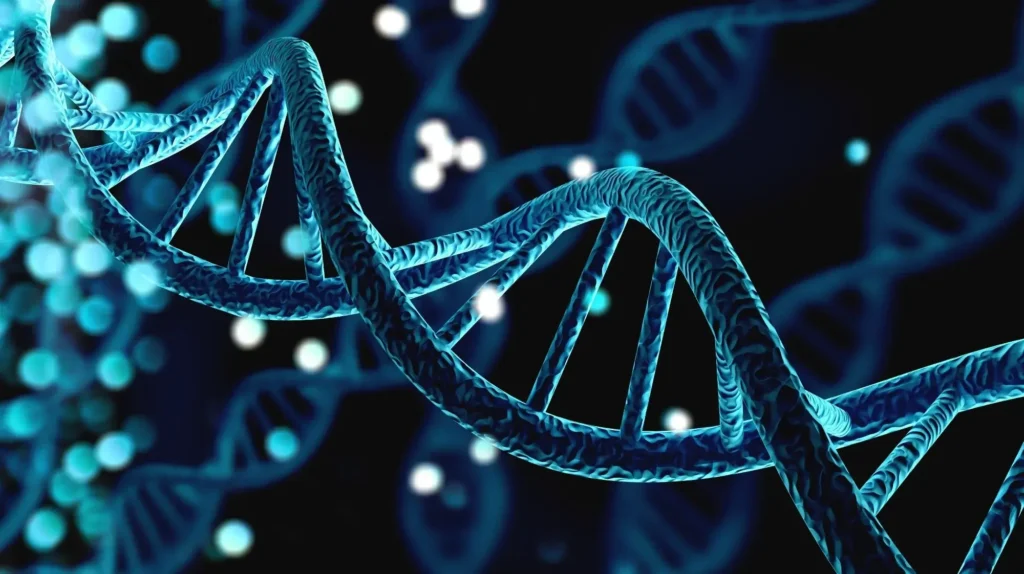ArdorComm Media News Network
October 10, 2025
A large-scale genetic study has identified around 750 genes that may play a key role in human metabolism by regulating levels of approximately 250 different blood molecules, including lipids and amino acids. The research suggests these genetic influences are consistent across ancestries and genders, offering broad implications for understanding metabolic health.
The study, led by scientists from the Berlin Institute of Health at Charité–Universitätsmedizin Berlin and Queen Mary University of London, analysed genetic data from nearly 4.5 lakh individuals of European, African, and Asian ancestry in the UK Biobank.
Published in Nature Genetics, the findings revealed 29,824 genetic locus–metabolite associations mapped to 753 genomic regions, many of which had not previously been linked to metabolic processes. This discovery expands current knowledge of metabolic pathways and their connection to disease risks.
The researchers found that the genetic regulation of blood metabolites showed strong consistency across populations, suggesting the potential for universal metabolic insights. Some of the identified genes, such as VEGFA, were newly linked to cholesterol regulation and may open pathways for novel drug development aimed at preventing heart disease.
Lead author Martijn Zoodsma, a postdoctoral researcher at BIH, said the study offers a “systematic map of the genetic control of hundreds of blood molecules,” providing a valuable foundation for understanding disease susceptibility and metabolic diversity.
Senior author Prof. Maik Pietzner added that despite advances like statins, heart disease remains a leading cause of death, and these findings could guide the creation of next-generation therapies targeting lipid build-up in arteries.
Source: PTI


